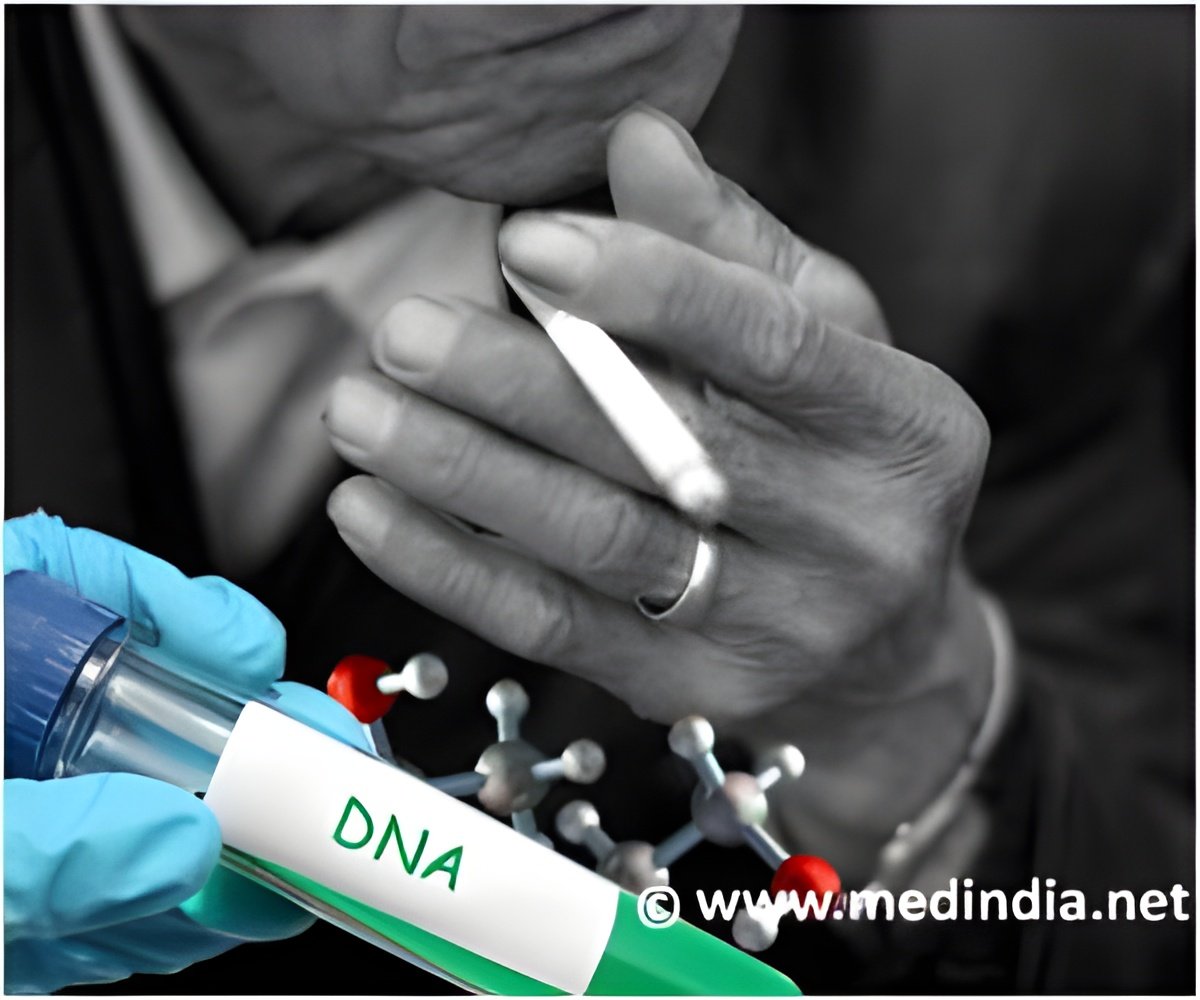Inherited or genetic differences in nicotine clearance rates are associated with cessation rates. Most people want their general practitioners to inform them and would undergo genetic tests by them.

In a cross sectional survey conducted in Netherlands, the knowledge of smokers, their attitudes, preferences and intention to undergo genetic testing were assessed using an online cross-sectional survey. Total of 587 participants were selected from the database of an internet research company.
They were queried with their smoking characteristics like type of tobacco product, number of cigarettes and/or shags per day, level of nicotine dependence (assessed by the Fagerström Test for Nicotine Dependence. Their knowledge of influence of genetics on nicotine dependence and regarding the influence of genetics on smoking cessation (treatment) were assessed.
While 88.9% knew that it is important to quit, about half (49.1%) of the respondents knew that less than half of the smokers who want to quit succeed. As far as knowledge was concerned most of the Dutch population did not know about the genetic influences on smoking predisposition. About one-third knew that the chance to become addicted to smoking is influenced by genes (29.5%) and that genes exist that increase the chance of becoming addicted to smoking. only 36% believed that genetic predisposition is an (very) important cause of smoking.
Instead of being relieved by genetic tests most participants were worried that the results would become known at work or to the employer and that they would not be able to tell others. Participants were least convinced that they would be relieved by the results and most convinced that a genetic test would give a reliable result about the presence of a genetic predisposition to become addicted to smoking, and that it could help to determine the correct dose of smoking cessation medication.
While most participants (73.6%) would prefer to receive more information as well as get the genetic tests done from their General practitioners, they indicated not to be willing to pay >€50 for the genetic test. A low number of participants (16.6%) were (completely) interested in undergoing a genetic test and half of them (50.6%) would not ask their GP for the test.
Further, patients’ awareness of such a test can also be increased by addressing via other channels of communication, for instance, information leaflets or information campaigns on TV, radio or in magazines or newspapers. Thus when they have some knowledge about the influence of genetic factors on smoking and smoking cessation they would prefer and look for these tests.
Therefore we conclude that strategies for counselling patients and communicating their test results have to be adopted by general practitioners in a way to remove misconceptions regarding smoking cessation rates.
Reference: Knowledge, attitudes and preferences regarding genetic testing for smoking cessation. A cross-sectional survey among Dutch smokers; Marieke Quaak et al; BMJ 2011
Source-Medindia















